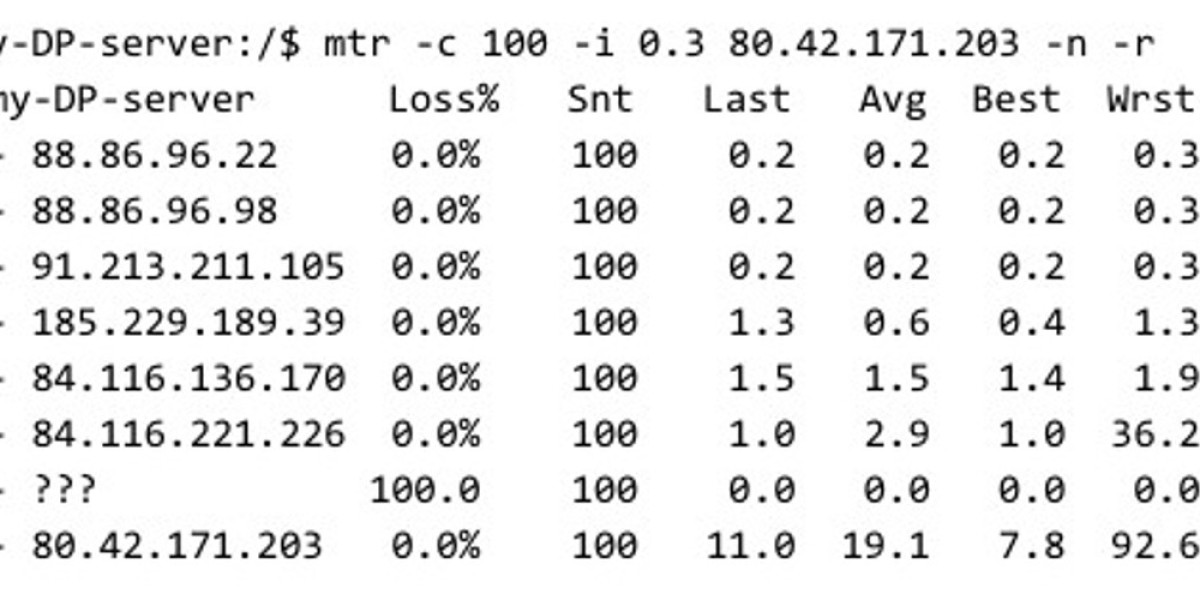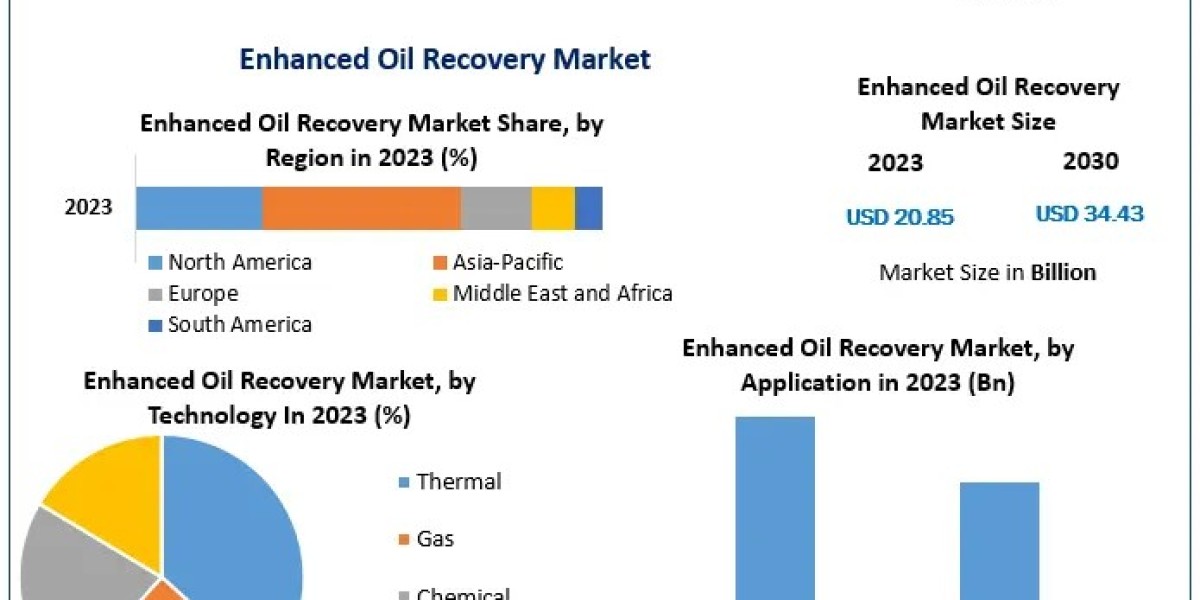Accurate and reliable zip code databases are essential for a wide range of applications. From enhancing e-commerce shipping systems to improving location-based services, choosing the right zip code database is crucial for developers. This blog provides a comparative analysis of some popular zip code databases and explains key selection criteria. Whether you’re handling local or international postal code validation, this guide will help you find the ideal database for your application’s needs.
1. Why Zip Code Databases Matter for Applications
Zip code databases form the backbone of many services, particularly for apps requiring zip code distances, location lookup, and verification features. They provide the necessary data to validate addresses, ensure correct postal code validation, and calculate distances between locations. This is particularly important for applications that manage deliveries, track users in different locations, or perform targeted geographical marketing. Additionally, accurate zip code data can enhance user experience by auto-populating location fields, saving time for the end user.
2. Key Criteria for Selecting a Zip Code Database
When choosing a zip code database, it’s essential to consider the following criteria:
a. Accuracy and Frequency of Updates
Accuracy is paramount for any postal code data provider. It’s critical to select a provider that regularly updates its data to reflect changes in zip codes, especially in regions that are rapidly growing. Some services, such as ZipCodeAPI and Zipcodebase, offer regular data refreshes to ensure accuracy.
b. Scope and Coverage
Depending on your target audience, you may need data that covers both national and international zip code formats. For instance, e-commerce applications with a global reach must validate addresses across different countries, requiring comprehensive international data. The ability to handle different formats—such as the US 5-digit zip code and UK postcode—is essential for seamless address validation in international postal code validation.
c. API Reliability and Performance
APIs are central to integrating zip code data into applications. A reliable zip code lookup API that provides consistent uptime and low latency is essential. APIs like Zipcodeapi and Postal Code API Free offer robust performance, allowing applications to retrieve data swiftly, enhancing user experience. Before committing to a provider, test their API’s response time and success rate to ensure it meets your application’s needs.
d. Data Accessibility and Integration Options
For developers, easy integration is essential. Look for APIs that offer comprehensive documentation and support popular languages, including JavaScript. For instance, some databases provide a postal code validation API that’s compatible with JavaScript, making it easier to validate postal codes in client-side applications. This integration allows for real-time validation without adding unnecessary complexity.
e. Security and Compliance
If your application involves handling sensitive data, ensure the zip code database provider follows standard data protection regulations. APIs that comply with GDPR, HIPAA, or other local standards ensure data privacy and security.
f. Pricing and Availability of Free Options
For developers working on small projects or with limited budgets, finding a free zip code API is a priority. Some providers, such as Zipcodebase and Postal Code API Free, offer limited usage options at no cost, allowing developers to test the API before upgrading to a paid plan. However, free plans may come with restrictions on the number of requests or features, so it’s essential to balance budget considerations with functionality.
3. Comparative Analysis of Popular Zip Code Databases
To help you make an informed choice, here’s a comparative analysis of some widely used zip code databases:
ZipCodeAPI
ZipCodeAPI is known for its reliable zip code validation API and extensive US-based zip code data. It offers features like zip code distances and postal code lookup, making it a great option for applications that primarily operate within the US. However, international coverage may be limited, so it may not be suitable for global applications.
Pros: Reliable, accurate US data; easy to use; competitive pricing.
Cons: Limited international coverage; certain features restricted to higher plans.
Zipcodebase
Zipcodebase offers a powerful API with both US and international zip code formats, supporting global address validation. The zipcode validation feature ensures addresses conform to local postal standards, and the API is widely praised for its easy integration. This option is ideal for developers requiring extensive global coverage and free zip code API options for testing.
Pros: Extensive global coverage; free tier available; good documentation and support.
Cons: May be costly for higher usage plans; performance may vary based on location.
Postcode API
Designed specifically for European applications, Postcode API is a strong choice for developers focusing on Europe. It provides a reliable postcode API that includes zip code distances and detailed address information for European countries. However, it has limited functionality outside of Europe.
Pros: Excellent for European addresses; reliable postal code validator for the region.
Cons: Limited global reach; not suitable for non-European applications.
API Postal Code
API Postal Code is a versatile zip code base option, covering major countries worldwide. It provides comprehensive postal code validation, ensuring addresses are accurate and conform to local formats. Additionally, it offers a zip code API free version, which is ideal for low-usage applications and developers testing out the API before committing to a paid plan.
Pros: Comprehensive international coverage; free tier; reliable for basic validation tasks.
Cons: Limited advanced features; may require additional configuration for complex applications.
4. Integrating Postal Code Validation in JavaScript Applications
For web applications, postal code validation in JavaScript is an essential feature, particularly for e-commerce and form-based sites. By integrating a postal code validation API with JavaScript, developers can instantly verify zip codes entered by users. This is commonly implemented through APIs like ZipCodeAPI or Zipcodebase, which allow developers to validate postal codes in real-time and prevent errors in address fields.
Here’s a sample approach for integrating postal code validation using JavaScript:
javascript
async function validatePostalCode(postalCode) {
const response = await fetch(`https://api.zipcodebase.com/validate/${postalCode}`);
const data = await response.json();
return data.isValid;
}
// Usage:
validatePostalCode("12345").then(isValid => {
if (isValid) {
console.log("Valid postal code");
} else {
console.log("Invalid postal code");
}
});
This code demonstrates a simple way to check if a postal code is valid by calling an external postal code API. Using JavaScript for postal code validation can improve form accuracy, reduce errors, and enhance user satisfaction.
Conclusion
Selecting the right zip code database for your application depends on various factors, including accuracy, international coverage, performance, and budget. APIs like ZipCodeAPI and Zipcodebase are excellent for applications with specific needs, whether local or international. Developers should prioritize postal code validation, especially for global applications, to avoid address errors that could impact user experience. By carefully evaluating your options and testing with free versions where possible, you can integrate a zip code solution that meets your application's needs and enhances its functionality.









